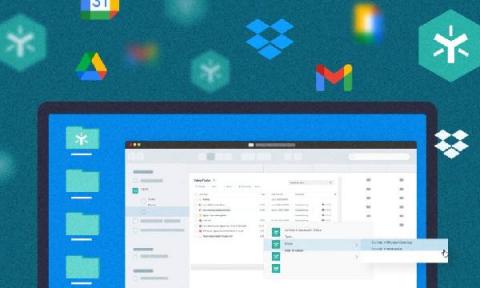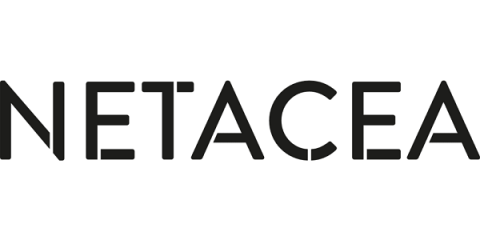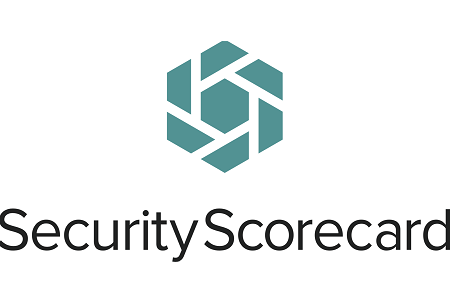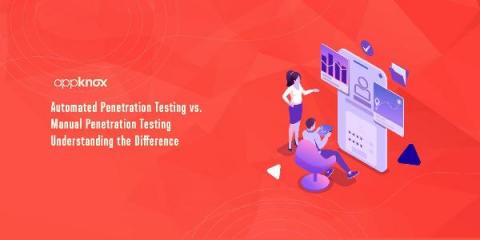Digging Into AppBoundDomains in iOS
iOS 14 issued a number of changes, as every new release does. But one area where Apple clearly spent a fair amount of time is in their WebViews. Traditionally, UIWebView was the class de jour when a developer wanted to present a web page. In iOS 14 though, UIWebView was officially deprecated in favor of WKWebView.











